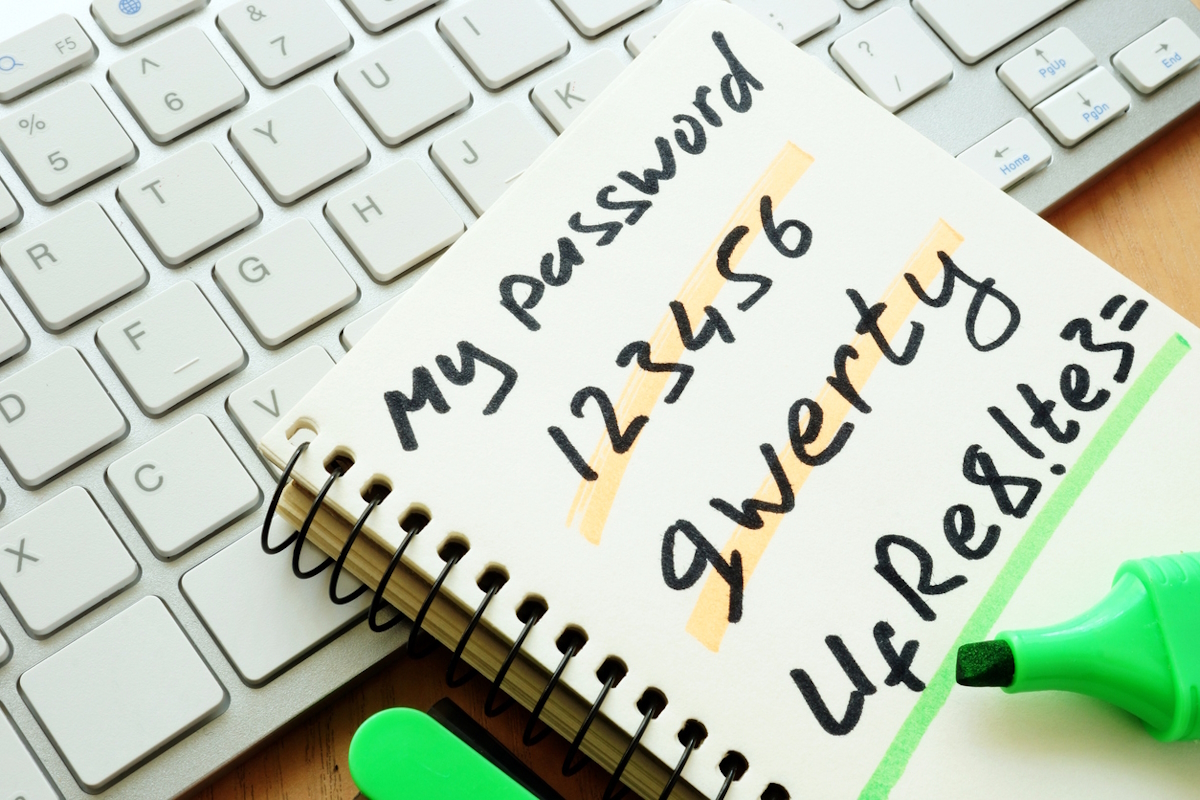Driving versatility and efficiency with password managers

Teresa Rothaar at Keeper Security outlines some unexpected uses of a password manager for businesses
Password managers generate and store complex passwords, reducing the risk of weak or easily hacked passwords that can lead to data breaches. They are often touted as a best practice for organisations and individuals alike to facilitate and enforce the use of strong and unique passwords to each of the myriad of accounts users need access to on a daily basis.
In addition to increasing security, there are other, often unaddressed, benefits of using a good enterprise password manager, which can not only make an organisation more secure, but also more versatile, efficient and compliant with industry regulations.
Supporting zero-trust initiatives
One of the key reasons to use an enterprise password manager is the ability for organisations to more easily adopt a zero-trust security model. In the past, security models were based around the premise that all users and devices within a network perimeter could be trusted, and only those outside needed to be verified.
For a number of well-documented reasons, this model falls apart in modern, distributed data environments which have no defined network perimeter.
A zero-trust model assumes that all users and devices could potentially be compromised, and everyone, human or machine, must be verified before they can access organisational network resources.
With an emphasis on password security, Role-Based Access Control (RBAC) and least-privileged access, zero-trust models support a secure digital transformation by helping prevent cyber-attacks caused by compromised user credentials or stolen devices - and password managers can help support this.
Access management and compliance reporting
A password manager can help administrators centrally manage access to applications, platforms and systems, which helps them create and enforce policies more easily. This provides role-based access control, so employees have appropriate access levels to only the resources they need to do their jobs.
Administrators can also automate password rotation in line with policies to reduce risks associated with long-lived passwords, ensuring credentials are regularly updated.
In addition, many enterprise password managers offer integrations with leading Single Sign-On (SSO) providers, allowing users to access multiple systems and applications with a single set of credentials. This simplifies the login process and improves user experience.
And password managers can be integrated with multi-factor authentication solutions to add an extra layer of security to user logins. This enhances protection against unauthorised access, even if passwords are compromised.
A decent enterprise password manager will also provide audit trails and reporting features of all access activity, allowing administrators to track user activity, monitor changes to passwords and generate compliance reports that are crucial for regulatory compliance and security audits.
Password managers can help meet industry-specific compliance requirements, like those outlined in regulations like GDPR, HIPAA or PCI DSS, by enabling secure password practices and access controls.
And for new employees, or those being off-boarded, a password manager that has been integrated with existing identity management tools can ease these processes with secure sharing of credentials or removal of access from departing employees in a timely manner.
Storing and sharing sensitive information
Various business teams or departments often need to collaborate on projects or share information with contractors or freelancers. Password managers can foster this collaboration and streamline workflows by allowing teams to securely share access to accounts and resources.
This is particularly useful in environments where multiple team members need access to shared accounts. Importantly, using a password manager in this way eliminates the use of other, insecure and un-sanctioned methods of sharing credentials associated with shadow IT, like productivity applications (Slack, Teams, Skype etc), email, spreadsheets or written notes.
Some password managers will even allow this functionality on a one-time or time-limited basis to enable secure credential sharing with freelancers, encrypted file sharing with co-workers or the ability to provide security documentation and instructions to vendors.
These one-time shares can be delivered using QR codes, Airdrop, email, SMS or other out-of-band channels, further strengthening security measures while ensuring ease of use for both the sender and recipient.
Users can also store software licence keys and activation codes in their password managers, ensuring that they have easy access to this information when needed, and establishing secure storage while not needed.
When businesses incorporate password managers into their security infrastructure, there are many more benefits than may initially meet the eye.
Enterprises can not only simplify password management, but also significantly enhance their overall security posture with a zero-trust architecture, and reduce the risk of unauthorised access for both administrators and end-users, by taking advantage of all the features leading password managers have to offer.
Teresa Rothaar is GRC analyst at Keeper Security
Main image courtesy of iStockPhoto.com

Business Reporter Team
Most Viewed
Winston House, 3rd Floor, Units 306-309, 2-4 Dollis Park, London, N3 1HF
23-29 Hendon Lane, London, N3 1RT
020 8349 4363
© 2025, Lyonsdown Limited. Business Reporter® is a registered trademark of Lyonsdown Ltd. VAT registration number: 830519543





